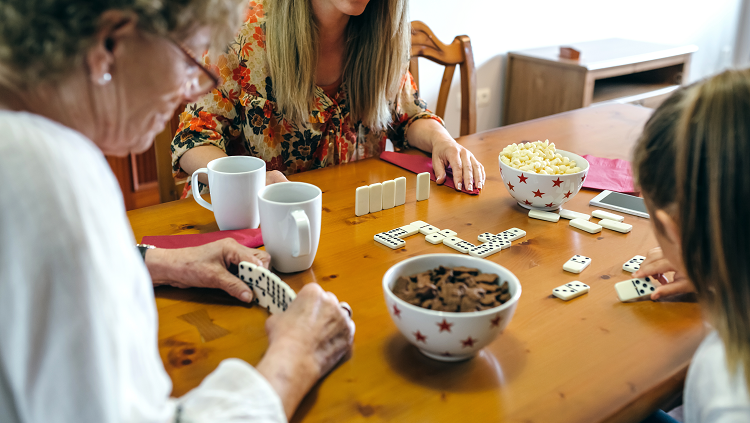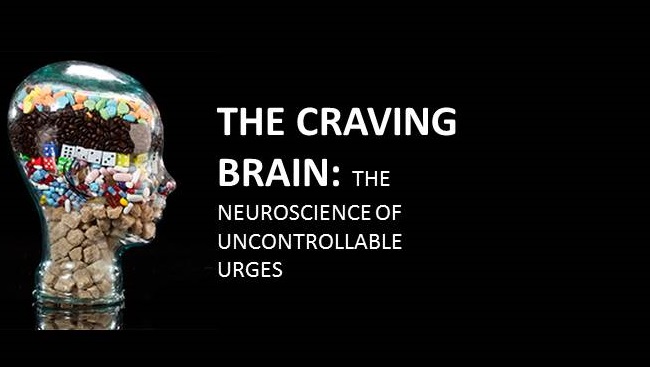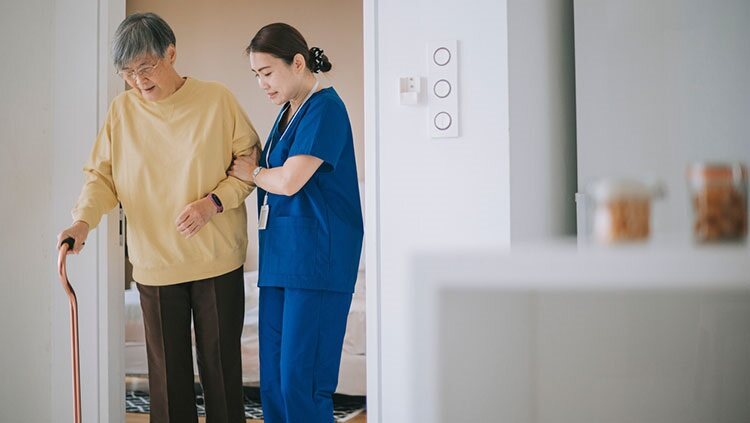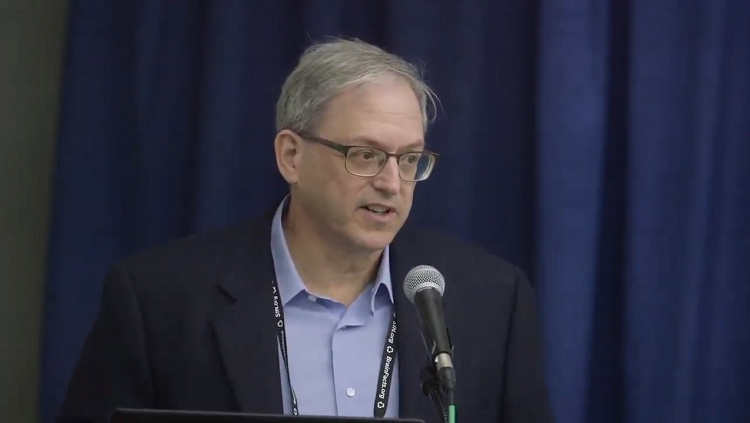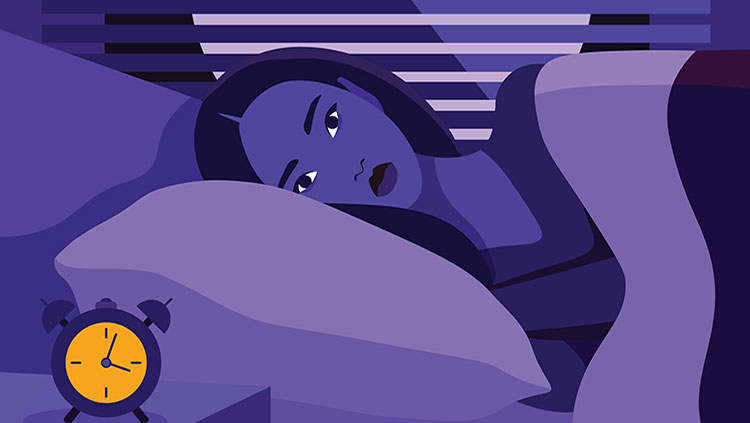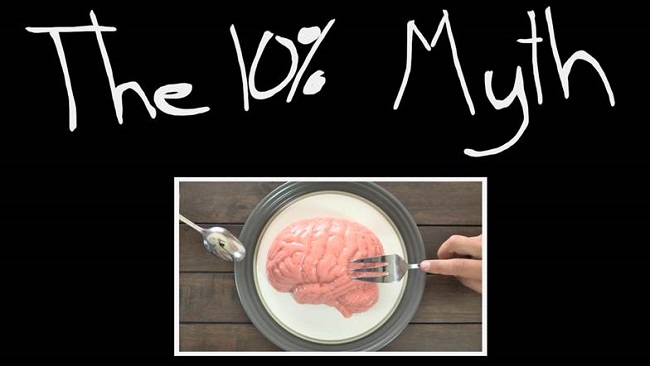Filter
-
(6)
-
(3)
-
(4)
-
-
(7)
-
(2)
-
(1)
-
(1)
-
(1)
-
(1)
-
-
(4)
-
(1)
-
(3)
-
-
(2)
-
(6)
-
(1)
-
(1)
-
(4)
-
(1)
-
-
(35)
-
(8)
-
(13)
-
(11)
-
(3)
-
(5)
-
-
(2)
-
(2)
-
-
(4)
-
(1)
-
(3)
-
-
(3)
-
(3)
-
-
(2)
-
(1)
-
(1)
-
-
(1)
-
(4)
-
(10)
-
(1)
-
(3)
-
(2)
-
(1)
-
(5)
-
-
(41)
-
(4)
-
(5)
-
(2)
-
(3)
-
(5)
-
(14)
-
(8)
-
(7)
-
-
(1)
-
(1)
-
(12)
-
(6)
-
(2)
-
(1)
-
(6)
-
-
(16)
-
(2)
-
(3)
-
(1)
-
(1)
-
(1)
-
(1)
-
(1)
-
-
(1)
-
(1)
-
-
(16)
-
(5)
-
(3)
-
(4)
-
-
(4)
-
(1)
-
(1)
-
(2)
-
-
(1)
-
(1)
-
(1)
-
(1)
-
-
(10)
-
(1)
-
(3)
-
(4)
-
(5)
-
-
(2)
-
(2)
-
-
(4)
-
(4)
-
(1)
-
-
(1)
-
(1)
-
-
(3)
-
(1)
-
(3)
-
-
(39)
-
(8)
-
(12)
-
(3)
-
(5)
-
(5)
-
-
(1)
-
(2)
-
(2)
-
-
(3)
-
(3)
-
(3)
-
-
(1)
-
(1)
-
-
(5)
-
(2)
-
(2)
-
(3)
-
-
(1)
-
(1)
-
-
(5)
-
(5)
-
-
(89)
-
(16)
-
(13)
-
(5)
-
(28)
-
(23)
-
(4)
-
(2)
-
(18)
-
(2)
-
(17)
-
(4)
-
(7)
-
(22)
-
(1)
-
-
(1)
-
(1)
-
(1)
-
-
(71)
-
(1)
-
(1)
-
(4)
-
(28)
-
(1)
-
(1)
-
(17)
-
(7)
-
(10)
-
(7)
-
(13)
-
(1)
-
(3)
-
(3)
-
(4)
-
(5)
-
(1)
-
(4)
-
(9)
-
(2)
-
(3)
-
(2)
-
(95)
81 - 90 of 112 results
-
Online “brain-training” games claim to help strengthen your mental muscles through regular practice. But scientists haven’t found conclusive evidence that brain-training works.
-
In a citizen science project, thousands of pet dogs are helping scientists to understand what happens to memory and cognition in old age.
-
-
Training your non-dominant hand can improve your motor control, but you shouldn't expect an IQ boost.
-
Three neuroscientists discuss how addiction is a disease of the brain, as well as prospects for improved pharmacological treatments.
-
A stroke is a block in the brain's blood supply that can be caused by a clot in a blood vessel or rupture of a blood vessel.
-
Richard J. Smeyne discusses recent research that reveals how solitary confinement can cause physical damage to the brain.
-
The strain of living in global quarantine is making a bed for sleepless nights.
-
It's one of the most common brain myths: we only use 10 percent of our brain. Fortunately for us, this one is 100 percent myth.
-
Brain breaks help children by replenishing attention, improving learning, and boosting creativity. But, it turns out we might all benefit from giving our brains more downtime. Here’s why.


